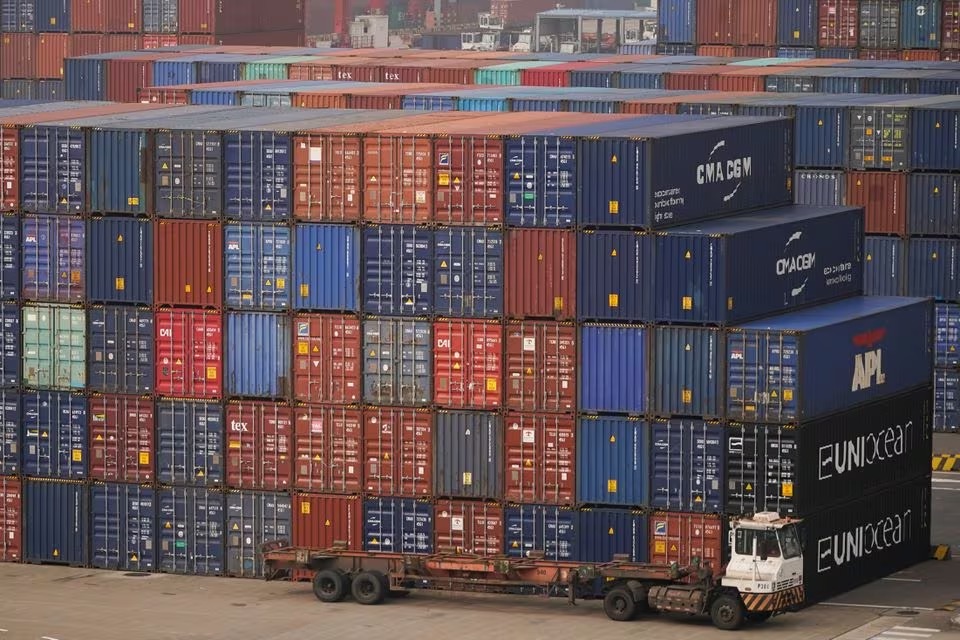Navigating the Seas of Success: Unveiling the Importance of Maritime Logistics
2 min read
Maritime logistics plays a pivotal role in global trade, connecting nations and facilitating the movement of goods across vast oceans. As the backbone of international commerce, it encompasses a wide range of activities, from shipping and port operations to supply chain management. In this blog post, we will delve into the multifaceted importance of maritime logistics, exploring its impact on economies, sustainability, and global connectivity.
- Enhancing Global Trade:
Maritime logistics serves as the lifeblood of global trade, enabling the movement of goods on a massive scale. With approximately 90% of the world's trade being carried by sea, efficient and reliable maritime logistics systems are crucial for ensuring the smooth flow of goods between nations. By providing cost-effective transportation solutions, such as containerization and bulk shipping, maritime logistics facilitates international commerce, driving economic growth and prosperity. - Enabling Supply Chain Efficiency:
An efficient supply chain is essential for businesses to thrive in today's competitive market. Maritime logistics plays a vital role in optimizing supply chain operations by providing reliable and timely transportation services. Through effective coordination of shipping routes, port operations, and cargo handling, it ensures that goods reach their destinations in a timely manner, minimizing delays and disruptions. This efficiency translates into improved customer satisfaction, reduced inventory costs, and increased overall productivity. - Promoting Sustainable Shipping:
In an era of increasing environmental consciousness, the importance of sustainable shipping cannot be overstated. Maritime logistics holds the key to reducing the industry's carbon footprint and mitigating the impact of shipping on the environment. By embracing green technologies, such as alternative fuels, energy-efficient vessels, and optimized routing, the industry can significantly reduce greenhouse gas emissions and promote sustainable practices. Furthermore, initiatives like slow steaming and ballast water management contribute to preserving marine ecosystems and biodiversity. - Fostering Global Connectivity:
Maritime logistics serves as a vital link, connecting nations and fostering global connectivity. It enables the exchange of cultures, ideas, and knowledge by facilitating international trade and travel. Ports act as gateways, serving as hubs for economic activities and promoting regional development. Additionally, maritime logistics supports the growth of emerging markets, enabling them to participate in global trade and benefit from international cooperation.
Conclusion:
Maritime logistics is the backbone of global trade, enabling the movement of goods on a massive scale. Its importance extends beyond mere transportation, encompassing supply chain efficiency, sustainability, and global connectivity. By recognizing and embracing the significance of maritime logistics, nations and businesses can unlock new opportunities for growth, foster sustainable practices, and strengthen international cooperation. As we navigate the seas of success, let us appreciate the crucial role that maritime logistics plays in shaping our interconnected world.
